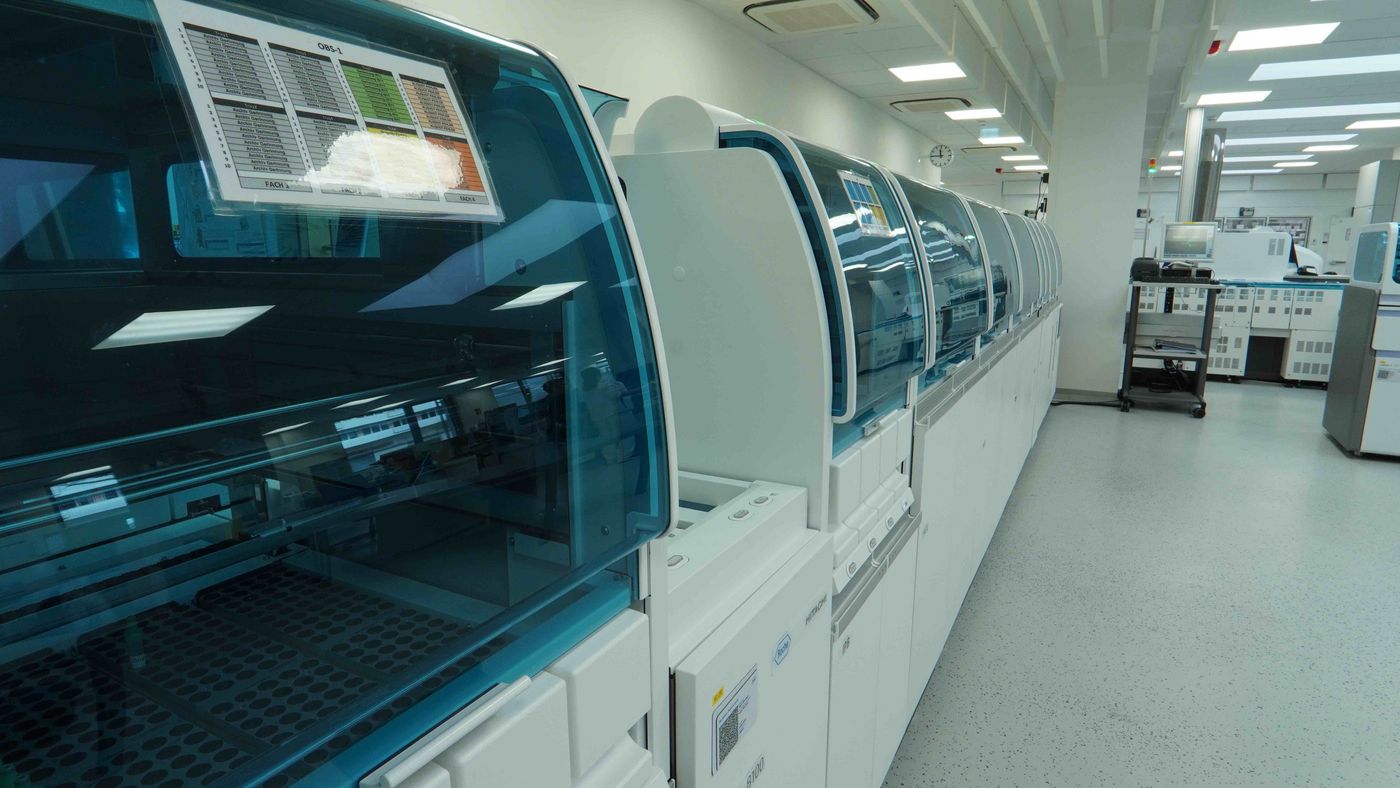by Prof. Dr. med. Michael Spannagl: EQA Scheme Expert & INSTAND e.V. Chairman of the Board, Head of the Reference Institution, Deputy Head of Calibration Laboratory
Article in English
In Germany, interlaboratory comparisons have been performed for about 60 years based on efforts to standardize blood count diagnostics. INSTAND e.V. and RfB have been entrusted with the organization and medical-technical support in the broad spectrum of laboratory medicine from the beginning.
In the first version of the RiliBÄK, the correct value of a measurand in a control sample determined with reference methods was an essential reference value. Care had been taken to consider the performance limits of the different systems also based on retrospective interlaboratory test data. Systematically, these results of INSTAND and RfB are combined and discussed in the advisory board of the German Medical Association to RiliBÄK Laboratory Medicine. In the meantime, large areas of infectious diseases, molecular genetics, and aspects of near-patient measurement (POCT) have also been comprehensively considered.
From the international perspective, German EQA schemes are classified as regulatory based on the RiliBÄK. The application of pass limits justifies this. Many EQA schemes in other countries refrain from competitive evaluation and the consequences derived from it. Regulatory or reimbursement consequences are not foreseen. The latter may have an impact on the accreditation of the laboratories concerned or on financial reimbursements.
Even though there is no linkage between the proficiency test results with regulatory requirements in many countries, a graduation of the deviation from the determined target value or the consensus value is usually declared. This is done with numbers (comparable to school grades or letters, e.g., A-E). Since this system is maintained longitudinally and is standardized, a comparative evaluation of the participants can finally be made.
It is important to note that the regulatory component in Germany has been dynamically developed over the years and that limitations due to sample material, in particular, are taken into account in individual cases. Ultimately, the pass limits were derived from interlaboratory test data from RfB and INSTAND and were made more precise over the years by adapting them to the performance of the measurement systems. Decisive specifications can only be adopted by consensus in the advisory board of the RiliBÄK at the German Medical Association.
However, the usual nationally or internationally conducted interlaboratory comparisons have limitations in that essential pre- and post-analytical interfaces of laboratory diagnostics are not taken into account in the course of today's usual "external" quality control.
In particular, when the clinical view of the use of laboratory results is discussed in the EQA organization and/or clinical colleagues are EQA directors, the use of clinical cases also occurs in the context of EQA sampling. In the meantime, models have also been established that at least partially consider such approaches (e.g., discussion of decision boundaries).
Particular consideration must be given to the influence and interfering factors in the sample matrix, which are provided by the special conditions of the proficiency test sample (stabilization). As a result, the question of the commutability of sample material arises repeatedly.
It should be noted that the systematics of the RiliBÄK, including the existence limits specified there, have been continuously developed and specified over decades.
The primary perspective of the medical laboratory and the reference to the clinical context will increasingly be incorporated in selected interlaboratory comparisons. In the cautious and consensus-based approach of the responsible committees at the German Medical Association, the RiliBÄK, with its regulatory component of laboratory medicine, is a model of success in Germany.

